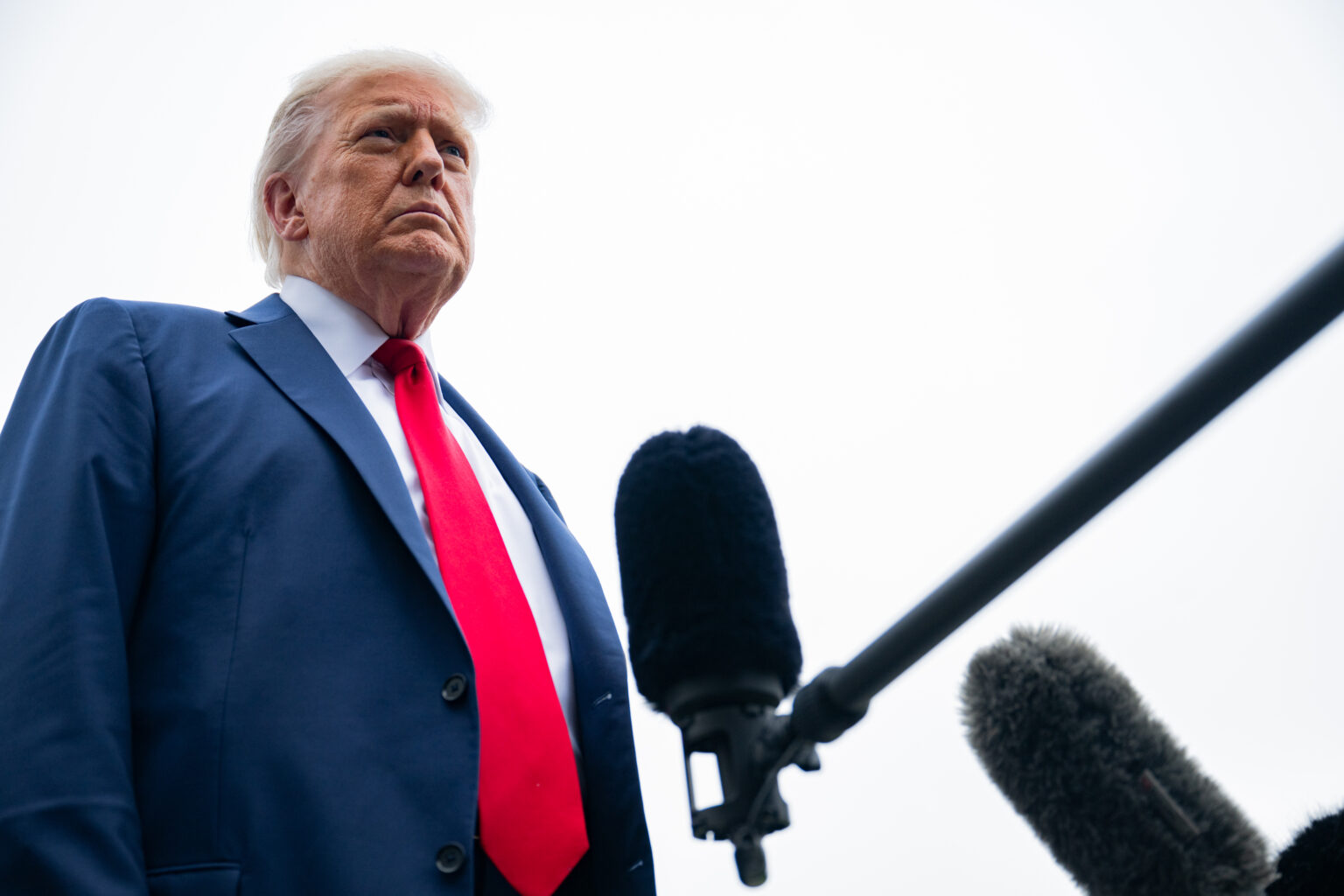Legal Action by the American Bar Association Challenges Trump’s Sanctions on Law Firms
In a significant move, the American Bar Association (ABA) filed a lawsuit against the Trump administration on Monday, contesting the president’s recent sanctions imposed on certain law firms. The ABA asserts that these measures threaten the independence of legal practitioners and serve as a form of intimidation aimed at discouraging lawyers from challenging the administration’s policies in court.
Urgent Defense of Legal Integrity and the Rule of Law
The lawsuit emphasizes the unprecedented nature of the situation, stating, “Never before has there been such an urgent need for the ABA to stand up for its members, uphold the integrity of the legal profession, and defend the rule of law itself.” The legal community has expressed concern over the implications of the sanctions, which appear to undermine the independence of legal counsel.
Context: Executive Orders and Legal Challenges
This year, President Trump issued a series of executive orders targeting specific law firms, penalizing some and attempting to influence others to avoid similar sanctions. These actions have sent shockwaves through the legal sector, prompting multiple lawsuits. Four law firms have challenged the president’s directives, with courts invalidating three of these orders on constitutional grounds. The case involving Susman Godfrey remains unresolved, although a temporary injunction has halted most of Trump’s punitive measures against that firm.
Controversial Deals and Industry Backlash
In addition to sanctions, the administration reached agreements with nine prominent law firms, which committed to providing nearly $1 billion worth of pro bono legal services. These efforts aimed to support causes such as veteran assistance and social justice initiatives. However, the deals sparked outrage among many legal professionals, leading some attorneys to resign from their firms-some even switching to competitors who opposed Trump’s policies in court.
Legal and Ethical Concerns Over Sanctions
The ABA’s lawsuit, filed in the U.S. District Court for the District of Columbia, argues that the sanctions have created a “chilling effect” within the legal community. The organization seeks a judicial declaration that the sanctions are unconstitutional and requests an injunction to prevent their enforcement against any ABA member or affiliated law firm.
Government Response and Ongoing Tensions
The Department of Justice has yet to respond publicly to the ABA’s legal challenge. It remains unclear whether the government will appeal the rulings that invalidated three of Trump’s sanctions. This legal confrontation underscores the escalating tensions between the ABA and the Trump administration, which have been marked by multiple disputes over funding, appointments, and organizational independence.
Previous Legal Battles and Political Interference
The ABA has a history of engaging in litigation against the federal government, having previously filed three lawsuits challenging the cancellation of grants, contracts, and other funding sources. In one such case, the organization reported difficulties in securing legal representation, citing fears of retaliation from the administration. These conflicts highlight concerns about political interference in the judiciary and legal institutions.
Attacks on the ABA’s Credibility and Influence
Top officials within the Justice Department have accused the ABA of bias, with some officials claiming the organization no longer functions as an impartial evaluator of judicial nominees. Notably, Deputy Attorney General Todd Blanche stated in an internal memo that while the ABA was “free to advocate for activist causes,” government employees could no longer participate in its events or receive funding for travel. Similarly, Attorney General Pam Bondi recently informed the ABA that the administration would cease assisting with the vetting of judicial candidates.
Impact on Judicial Nominations and Transparency
Historically, the ABA has played a crucial role in assessing the qualifications of federal judicial nominees through interviews and evaluations. Although this process is advisory, it has been a valuable resource for senators and the White House. However, recent actions by the administration, including Bondi’s directives, threaten to diminish transparency and undermine the credibility of the nomination process. Bondi accused the ABA of bias, claiming its ratings favored Democratic administrations, a charge the organization disputes.
Reactions from the ABA Leadership
William R. Bay, president of the ABA, responded to Bondi’s decision with disappointment, emphasizing that the changes would reduce transparency and were based on inaccurate information. In a letter, he expressed concern that restricting access to judicial nominees without justification could have long-term negative effects on the judicial selection process and the independence of the judiciary.
As the legal community watches these developments unfold, the ongoing disputes highlight the broader struggle over the independence of the judiciary and the role of professional organizations in safeguarding the rule of law amid political pressures.

